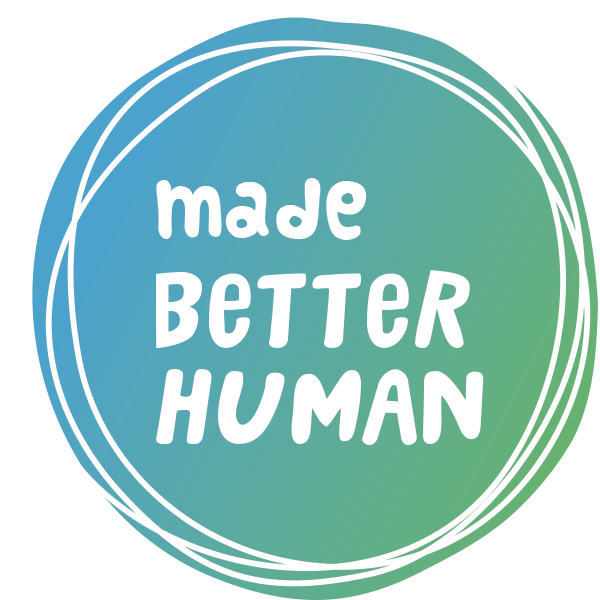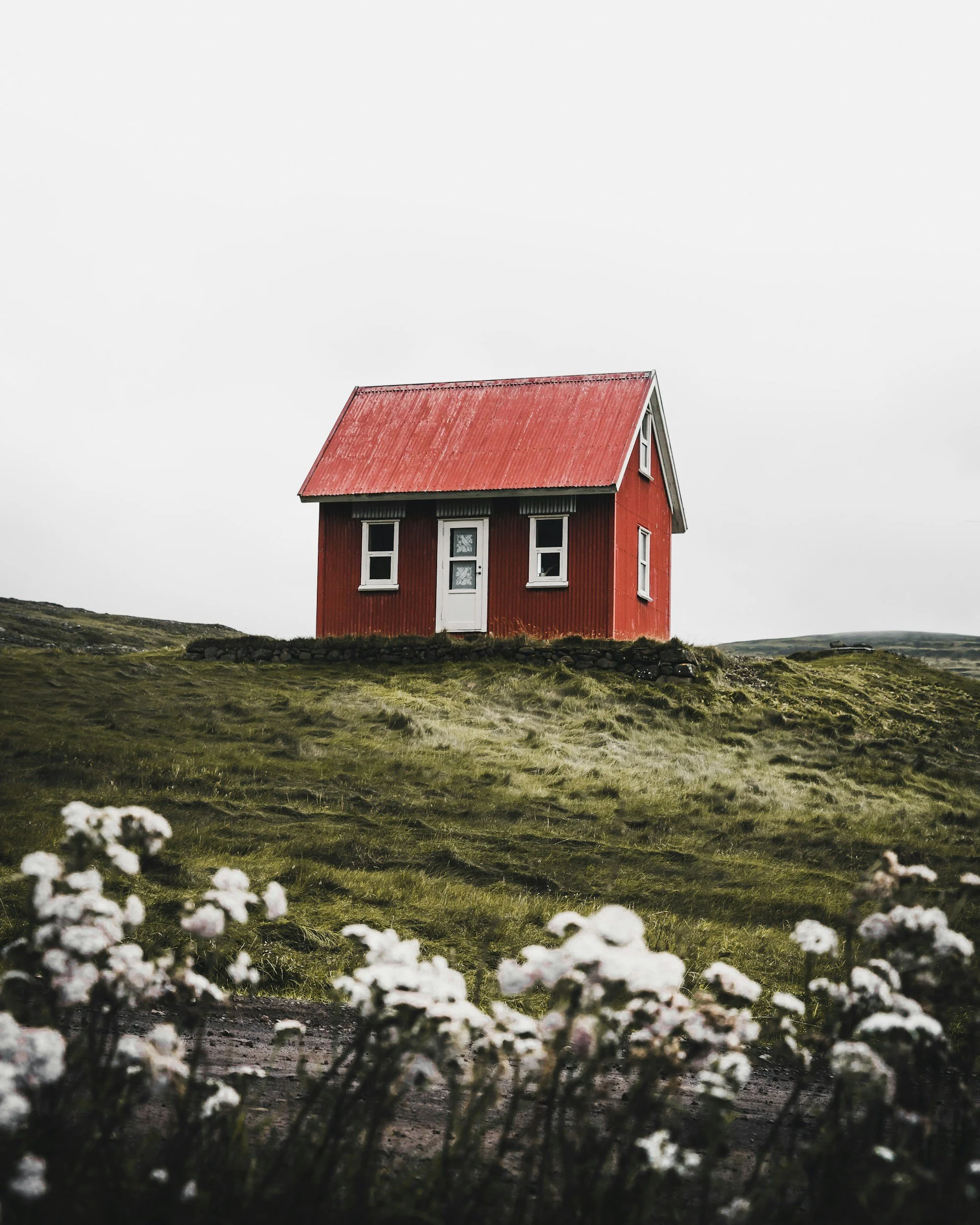There are times in our lives when we can feel displaced which can result in a sense of not belonging anywhere, of being ungrounded or uprooted. It can feel as though we are visiting our own lives. This is often accompanied by a sense of being dispossessed because we feel unheard, invalidated and powerless. The grief we can feel at these times is pervasive and complex.
When we become seriously ill, or our role is made redundant, or a key relationship comes to an end or we feel separated from our land, culture or people we will experience a sense of dispossession and displacement. You might hear yourself saying:
“I don’t know who I am anymore.”
“I feel like a ghost in my own life.”
“Nothing feels familiar or safe.”
“I’ve lost my place, my people, my voice.”
“There’s a hole where something used to be.”
Migration is a time when something essential has been taken away - a role, status, community, land, and identity are all changed simultaneously, and we are hyper-vulnerable because what once offered security or dignity is no longer ours
This un-homing is not just about geography or material things, it’s about identity, belonging, and the stories we tell ourselves about who we are and where we fit in the world. The term un-homing captures this experience of dislocation, identity fragmentation, and lack of belonging.
Naming an experience can help us describe what effect it is having on us. If we say, I feel ‘un-homed’, we can then think about what this dislocation is doing and we can start to express what we might need to help us regain a sense of power over our situation. At Made Better Human we specialise in supporting individuals, teams and business understand transitions and work out practical ways to move through transitions with purpose and direction.
If you are embarking on change or if change is being thrust upon you, why not reach out to Made Better Human or consider attending our Made Better Stories program.

